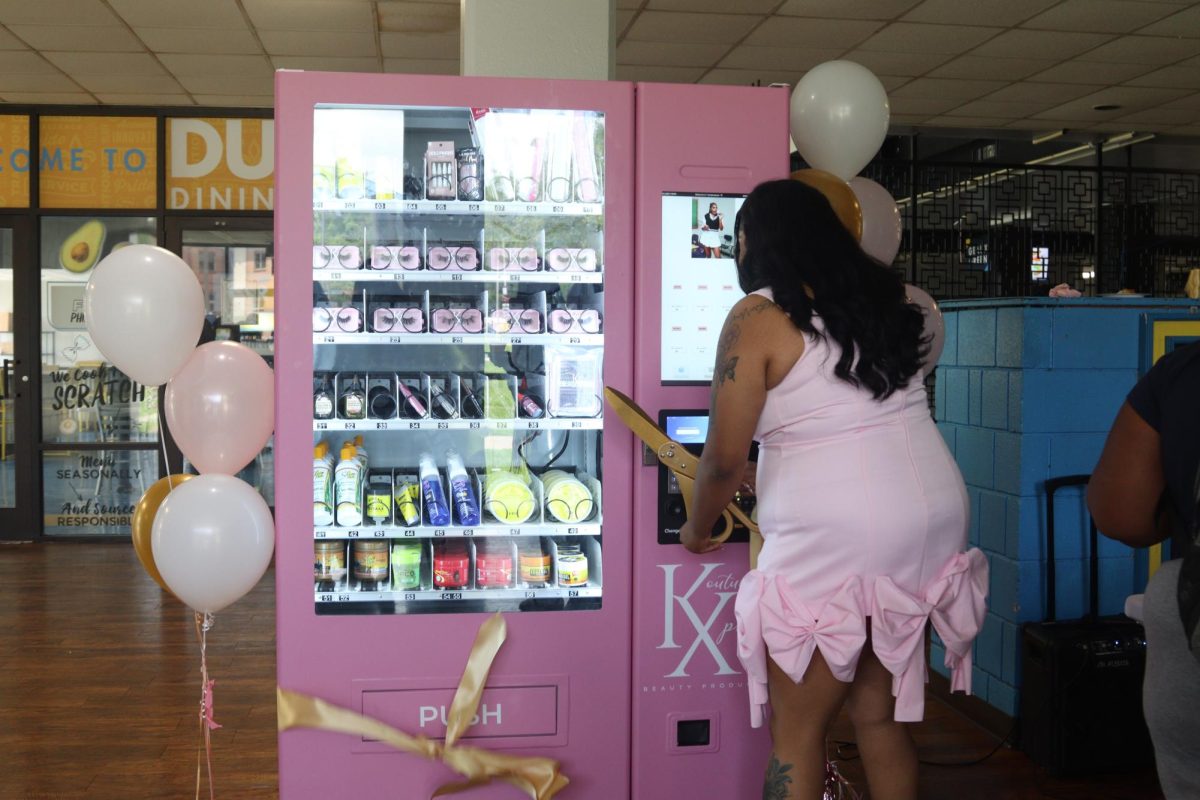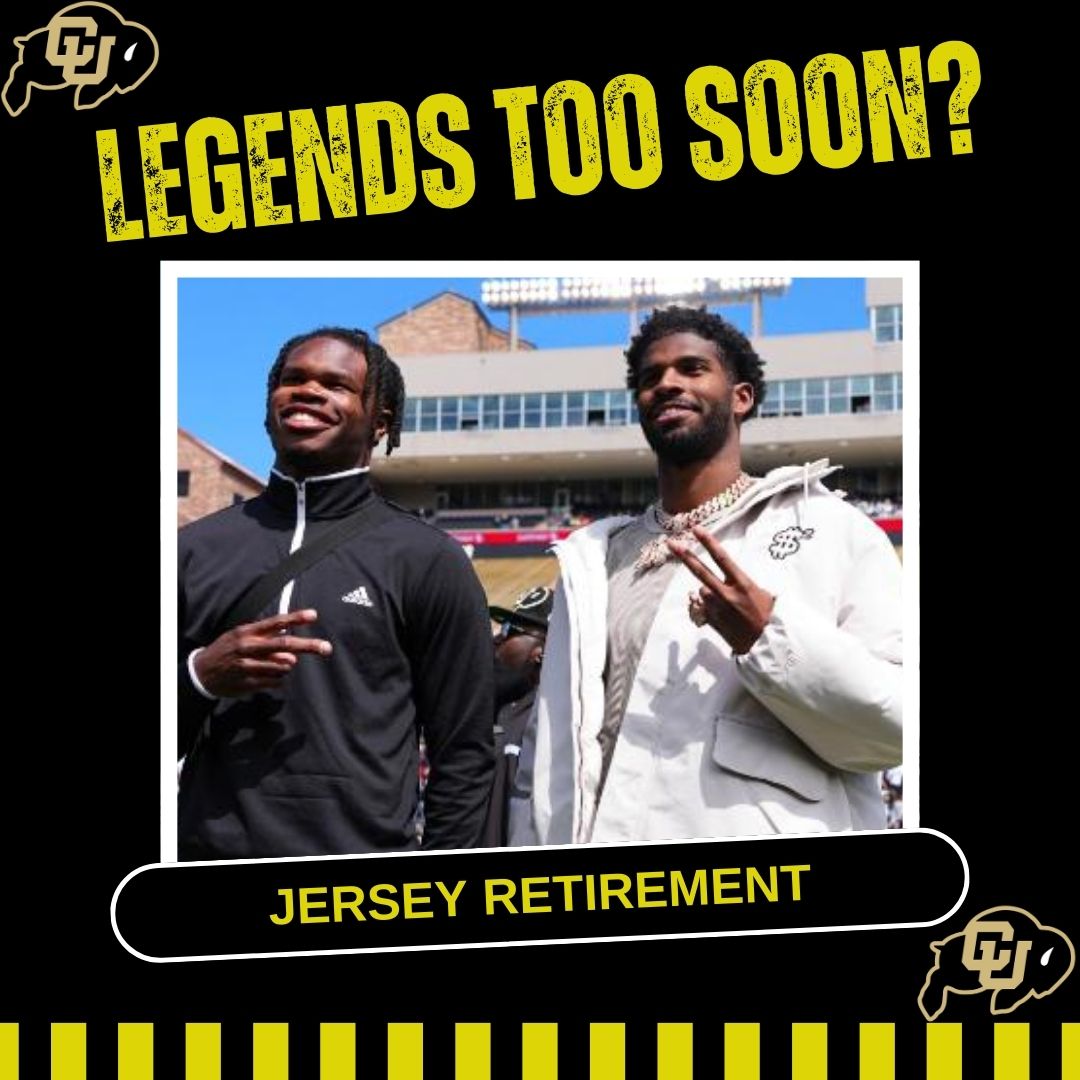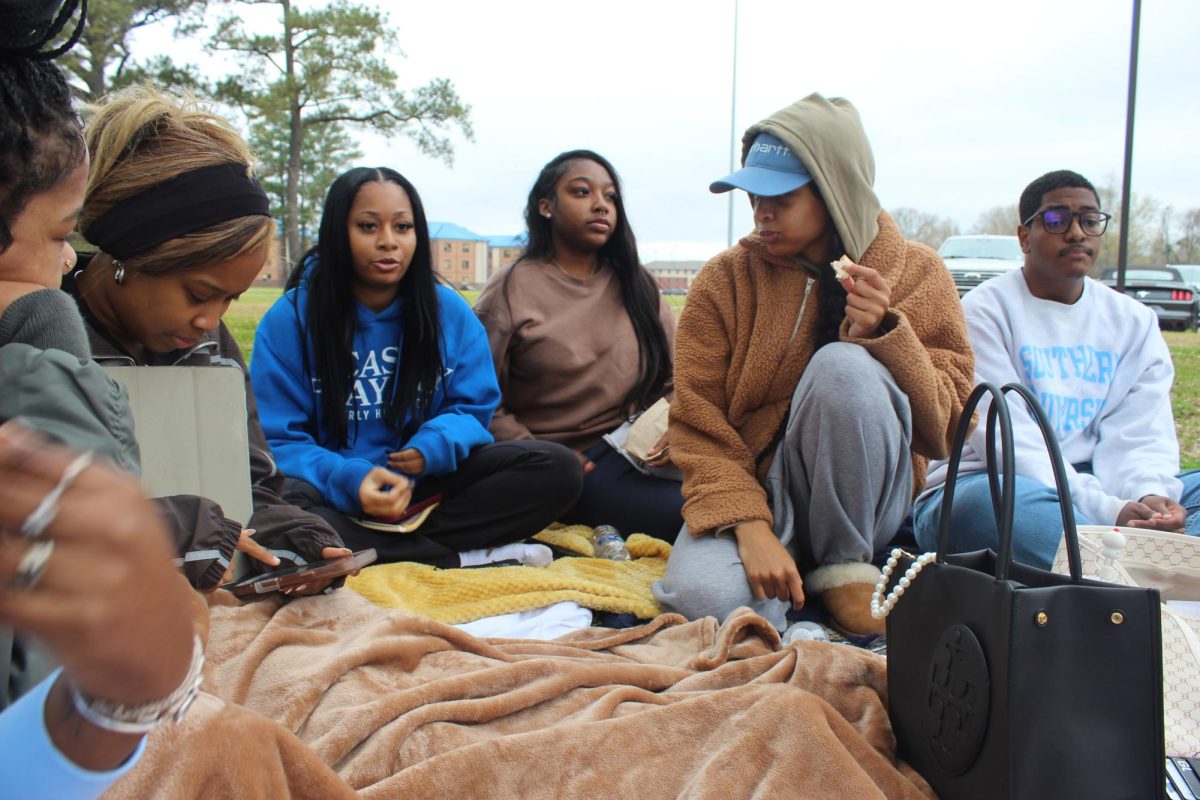For decades, the story of hip-hop has been told from, generally speaking, the male rapper’s perspective.
Whether intentional or not, the foundations of the culture has been shaped in such a way by this trend that our women, who share just as big of a stake in the hip-hop culture as their male counterparts, have effectively and efficiently been censored by the culture that they have played their part in building and establishing.
When you think of women in hip hop, you think of the Lil Kim’s and Nicki Minaj’s of the world before you would think of the Lauryn Hill’s and Rhapsody’s, and it seems to me that this has been an intentional strategy orchestrated by labels in order to have the most commercially successful artists and albums as possible.
When you look at rap in a vacuum, you’ll see how the culture has been separated into numerous subgenres that serve as divisions of different sounds and artists.
For example, artists such as J. Cole and Kendrick Lamar represent the conscious mind of rap today, while other artists like Lil Uzi Vert and 21 Savage represent the party and drug culture that hip-hop is generally thought of by the masses.
This distinction between male hip-hop artists has made it so there’s a type of music for everyone, regardless of your personal views of the world and of the culture. With our female counterparts, however, the variety that we see in male rap music simply doesn’t exist.
Hip-hop, generally speaking, has built a reputation of disrespecting and abusing the black women.
This disrespectful mentality has become the status quo in the eyes of many members of the hip-hop community, and has left a permanent, subliminal imprint in the minds of many young female rappers.
So when you have artists like Rhapsody and Lauryn Hill, who both make empowering and positive hip-hop music, music meant to uplift the minds of our young, black individuals and inspire young women with hip hop dreams to continue chasing those dreams, it behooves us to listen to what they have to say.
Hip-hop is an entity that was born out of the need to express the pain and sufferings of the people.
It was meant to be something new that could inspire young, black artists to take their creativity and experiences and turn them into something beautiful for all to see and enjoy. As of right now, this has not been the case.
Black women have been the backbone of not just the hip-hop culture, but the black culture for decades, holding down the fort while while their male counterparts have, for all intents and purposes, ran the ship known as hip-hop into the ground.
So in a world that is changing at a more rapid pace than ever before, it is my humble opinion that it is time for the hip-hop culture to change with it. While labels can control the music we buy, they cannot censor our minds and our ability to create and understand.
Noname, Rhapsody, Lauryn Hill, and even Nicki Minaj to a certain extent are verified wordsmiths whom I believe truly have things to say and causes for which they want to share with the world, if only the world was to open its mind and listen.
So to the people, all we must do is open our minds, and just maybe, we can be inspired as well.
Categories:
Misogyny in the hip-hop culture
April 18, 2018
0
More to Discover









